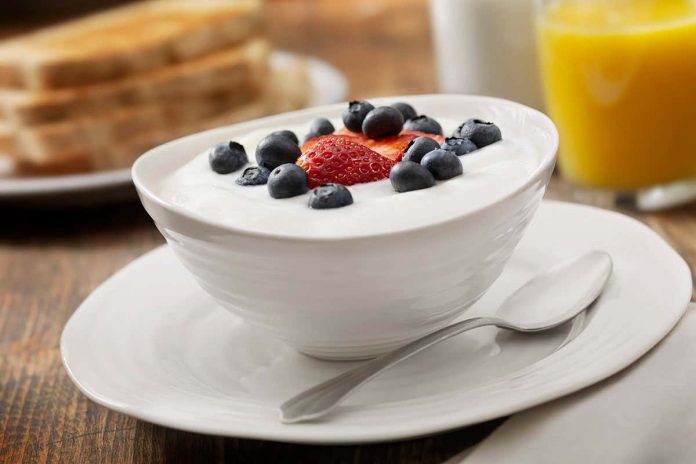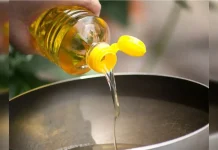
LauriPatterson/Getty Images
Implants coated in bacteria could be used during bone fracture surgery to help speed healing and prevent post-operative infections.
When someone suffers a fracture, surgery is sometimes needed to help it mend correctly. A common technique is to use a metal implant to help broken bones stay aligned while healing. The bone fuses to the metal as it mends.
Lei Tan at Hubei University in Wuhan, China, and his colleagues tested whether coating an implant in the bacterium Lactobacillus casei, which is found in yogurt, could improve recovery. This species is known to regulate the immune environment, which could support tissue generation, and to release antibacterial substances.
Advertisement
To do this, the researchers gave titanium implants to rats with broken tibias. Three of the rats received standard implants and three had implants coated in dead L. casei bacteria.
After four weeks, the team found there was a 27 per cent increase in bone tissue in the rats with the bacteria-covered implants compared with a 16 per cent increase in rats with regular implants. An increase in bone tissue is a sign that the fracture is healing.
One potential risk of implants is infection at the site where the implant meets the bone. So the team also tested if their L. Casei-treated implant was more resilient to infection by coating it in multi-drug resistant MRSA bacteria, which can cause infections. After 12 hours, the researchers found that 99.9 per cent of these pathogens were dead.
Bacteria play an important role in the gut microbiome and there is increasing evidence to suggest that their benefits can be harnessed outside the gut too, says Matthew Wook Chang at the National University of Singapore.
Journal reference: Science Advances, DOI: 10.1126/sciadv.aba5723
More on these topics:











